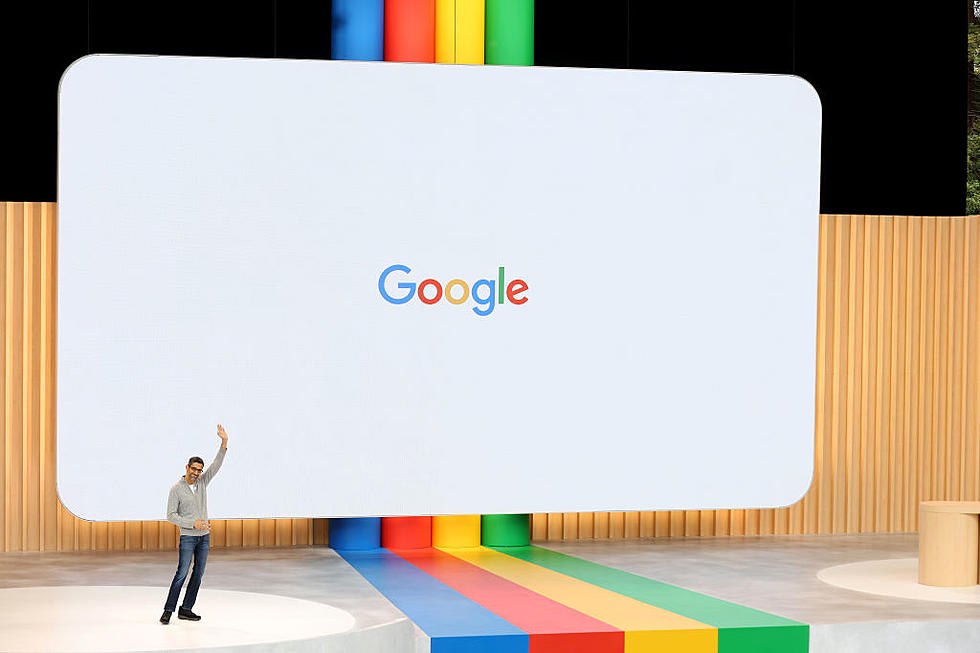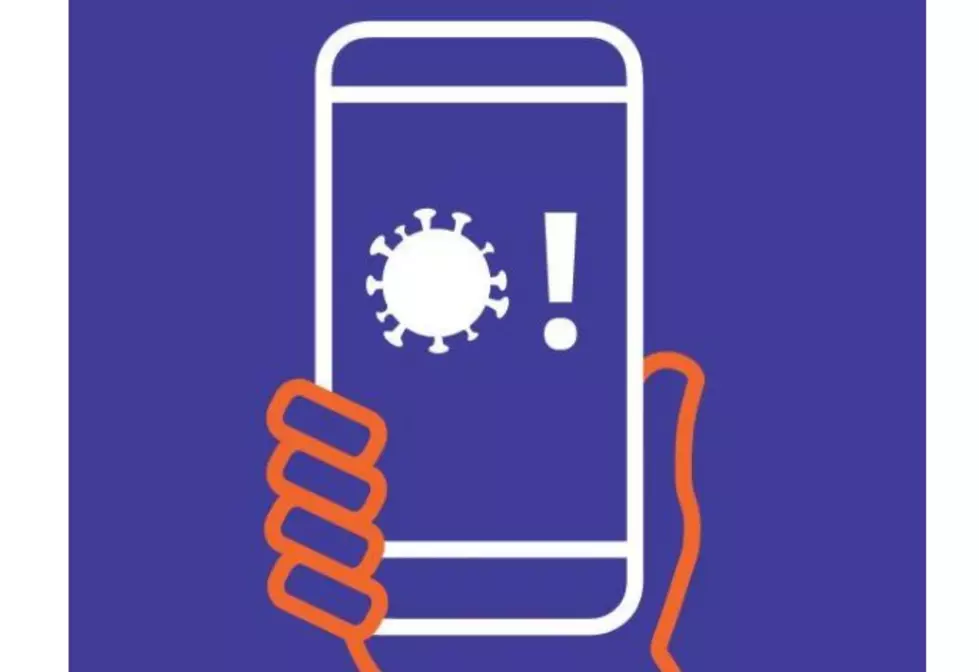
Google to Test Self-Driving Cars in WA, Insurance Agents Shudder
For a few years now, Google has been testing their fleet of automated, computerized self-driving cars in various cities, and in California. Now, they're coming to Washington state.
The search engine giant and overseer of all things computers announced they will begin testing self-driving cars in the Seattle suburb of Kirkland, beginning as early as next week.
According to NW Cable News:
"The Seattle suburb will become the third city to see the vehicles on its streets. The company has previously tested the self-driving cars in Mountain View, California, where Google is based, and Austin Texas."
Kirkland was chosen because Google has what is called a "large campus" there. According to information released by Google, apparently we're the greatest threat behind the wheel:
"The company has concluded that human error is the biggest danger in driving, and the company wants to remove the steering wheel and pedals from cars of the future, giving people minimal ability to intervene." (Bold lettering added for emphasis).
Don't know about YOU, but that last line is rather disturbing: "giving people minimal ability to intervene." So, they're saying a computer is smarter than a human driver? Our initial thought was to reply with a verb and pronoun that cannot be reprinted here. But really, despite safety concerns and ideas that technology can make these cars safer, we don't appreciate the smug attitude conveyed by that statement.
Critics say removing steering wheels and pedals from cars will act as a serious deterrent for the majority of people to ever consider buying a self-driving car, if it ever becomes commercially available.
They also say based upon a number of real-world accidents involving people hacking into computerized systems in existing cars, the threat of a hacker taking control of a car without steering or pedals is terrifying. Several automotive magazines recently detailed examples of how hackers 'broke' into some computerized handling and ride features in newer cars, causing some accidents
According to the London Telegraph Newspaper, it was part of a test to show that hundreds of thousands of Chrysler models could be digitally hi-jacked. According to The Telegraph:
"The US hackers said they used just a laptop and mobile phone to access the Jeep's on-board systems via a wireless Internet connection.
They claim that more than 470,000 cars made by Fiat Chrysler could be at risk of being attacked by similar means – including those driven in the UK."
The critics say even Google is not immune to the possibility of this happening. How more terrifying would it be if the driver cannot at least attempt to re-take control of the vehicle, but can't because there's no wheel or pedals?
Now, if you'll excuse me, I am going to jump in my 2012 Dodge Ram, fire up the Hemi, and pop in a CD of Sammy Hagar's "I Can't Driver 55." See ya, Google!
More From 870 AM KFLD









